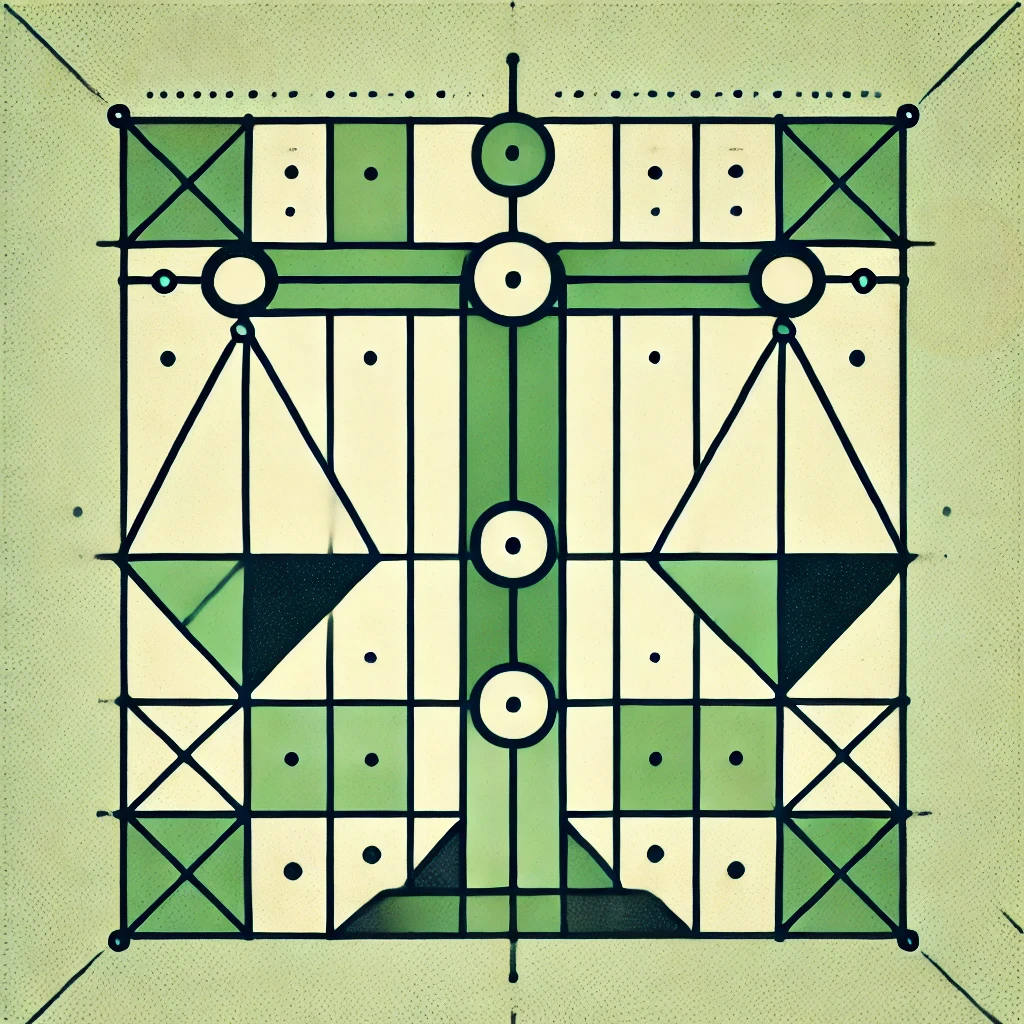Communication
As everything on the website, this is a work in progress.
I have always been interested in acquiring "meta-skills". While learning how to do a thing is great fun, that process can be accelerated by learning how to learn.
These concepts span a lot of contexts - one very influencial book I have read as a teenager was "The power of habbit". What I learned was not to do a specific thing - it was understanding how to build habbits, which in the long-term catalyze the doing of whatever I want to persue.
Other examples include: biomechanics and nutrition (a basic understanding helps you in a lot of sports and health contexts), learning how to learn (essential for being a good student), project and time management, etc.
However, here I want to lay out my mental model for thinking and communication, and why you should invest in building such a framework yourself. Have fun!
Less Wrong
The Rationality Community on LessWrong offers a powerful reasoning framework. Key concepts include updating beliefs and assessing probabilities. A good understanding of Biases and Baysian probability theory can help in this process. Here is a quick rundown of key concepts:
To be continued
Will be added E.g. one interesting method I implemented is that if you check any estimates (e.g. a number by using google to verify), first quickly lay out how you arrived at your estimate (usually this can be done in your mind, but for important things, writing it down helps). If your guess was significantly off, you can then trace at which point your assumptions were faulty and try to update them accordingly.
Biases
Biases are underlying principles that shape our thinking and reasoning, usually without being consciously expressed. Understanding biases and how they skew our reasoning can help us to update our beliefs to create a map closer to the ground truth. A lot of books and other writings on the topic introduce the following case as simple example: You are presented a description of an introverted, quiet person and are asked to estimate wether this person is more likely to be a librarian or a farmer. The "gotcha" moment is usually that people infer "librarian" based on the introverted personality, despite the fact that there are way more farmers than librarians. Taking into account this prior (see basian statistics section for explanation) will change our reasoning and the expected outcome.
A very brief introduction into Baysian thinking
To be writte
Steel Manning
Steel manning is one of the most important conversational tools I’ve learned. It involves embodying a counter-argument in a way that its proponents would recognize as accurate. Daniel Schmachtenberger explains it beautifully on the Lex Friedman podcast.
Game theory
Taking a lecture on game theory was one of the most interesting things I did outside of my core scientific expertise. Game theory tries to create abstract models of decision probabilities in a variety of situations ... TO BE CONTINUED
Types of games
If we abstract real life situations as statistical games, we need to define categories based on knowledge, communication and players... TBC
